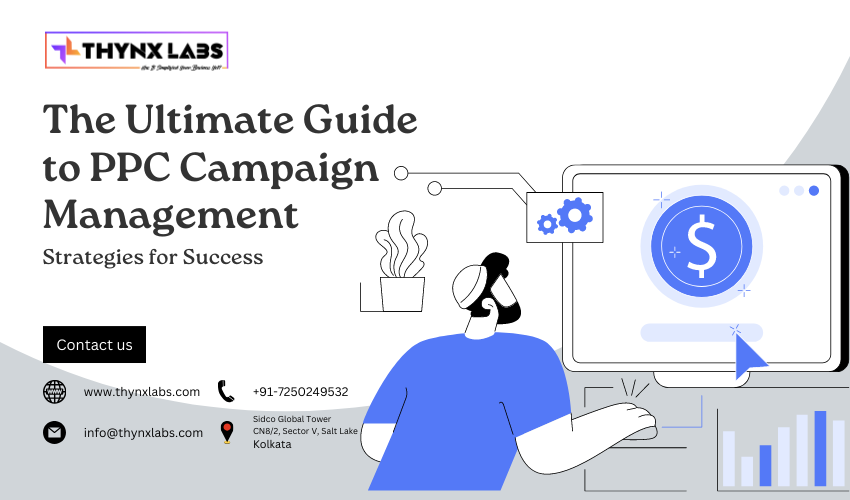How Much Does Google Ads Cost
How Much Does Google Ads Cost? A Comprehensive Guide
Google Ads is a powerful tool for driving traffic and sales for businesses of all sizes. Understanding the costs associated with Google Ads can help you budget effectively and maximize your return on investment. This guide breaks down the various factors that influence Google Ads pricing and provides insights into managing your ad spend efficiently.
What Influences Google Ads Costs?
The cost of Google Ads is not fixed and can vary significantly based on several factors. Here are the primary elements that determine how much you'll pay:
- Industry and Competition: The level of competition in your industry plays a crucial role in determining your ad costs. Highly competitive industries, such as finance and legal services, typically have higher costs per click (CPC) due to the high demand for keywords.
- Keyword Selection: The choice of keywords affects your costs directly. High-demand keywords will cost more, while niche or long-tail keywords can be more affordable. It's essential to conduct thorough keyword research to balance cost and relevance.
- Ad Quality and Relevance: Google uses a metric called Quality Score to evaluate the relevance and quality of your ads and landing pages. A higher Quality Score can lower your CPC and improve your ad position. Ensure your ads are well-written, relevant to the keywords, and direct users to high-quality landing pages.
- Geographical Targeting: The geographical area you target can influence your costs. Ads targeting regions with higher competition or cost of living, such as major metropolitan areas, are generally more expensive than those targeting less competitive regions.
- Bidding Strategy: Your bidding strategy significantly impacts your ad costs. Google Ads offers various bidding strategies, such as manual CPC, automated bidding, and enhanced CPC, each with different cost implications. Choosing the right strategy based on your campaign goals is crucial for cost management.
Typical Costs Associated with Google Ads
While costs can vary, here are some average figures to help you understand what to expect:
- Cost Per Click (CPC): On the Google Search Network, the average CPC ranges from $1 to $2. However, in highly competitive industries, CPC can go up to $50 or more. The Google Display Network usually has lower CPCs, averaging around $1.
- Monthly Ad Spend: Small to medium-sized businesses typically spend between $1,000 to $10,000 per month on Google Ads. However, this can vary based on business size, industry, and campaign goals.
- Cost Per Thousand Impressions (CPM): For businesses focusing on brand awareness, CPM can range from $1 to $5 on the Display Network. This metric measures the cost per thousand views of your ad.
Managing Your Google Ads Budget
Effective budget management is key to maximizing the impact of your Google Ads campaigns. Here are some strategies to help you control costs:
- Set Clear Objectives: Define what you want to achieve with your Google Ads campaign. Whether it's increasing website traffic, generating leads, or boosting sales, clear objectives will help you allocate your budget more effectively.
- Perform Regular Keyword Research: Continuously update your keyword list to include high-performing and cost-effective keywords. Use tools like Google Keyword Planner to identify new opportunities and refine your keyword strategy.
- Optimize Ad Quality: Focus on improving your Quality Score by creating relevant, high-quality ads and landing pages. This can lower your CPC and improve your ad positioning.
- Use Negative Keywords: Implement negative keywords to prevent your ads from showing up for irrelevant searches. This reduces wasted spend and increases the relevance of your traffic.
- Monitor and Adjust: Regularly review your campaign performance and adjust your bids, keywords, and ads as needed. Use Google Ads' reporting tools to track key metrics and make data-driven decisions.
- Leverage Automated Bidding: Consider using automated bidding strategies to optimize your bids based on your campaign goals. Google’s machine learning can help maximize conversions or clicks within your budget constraints.
Conclusion
Understanding the costs associated with Google Ads is essential for effective budget management and campaign success. By considering factors such as industry competition, keyword selection, and ad quality, you can better predict and control your ad spend. Implementing strategic budget management practices will help you maximize your return on investment and achieve your advertising goals with Google Ads.


